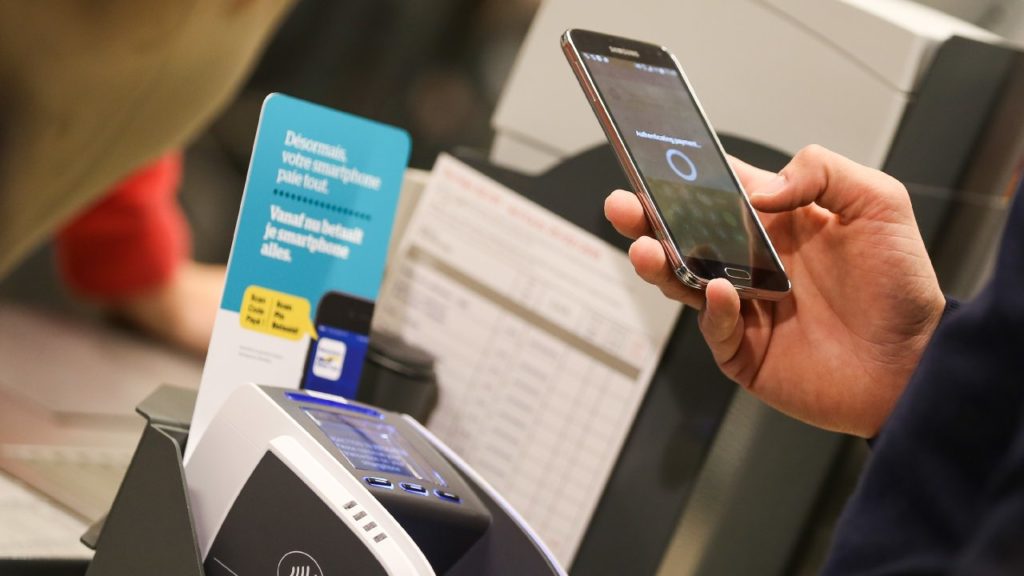All shops in Belgium will be obliged to offer at least one electronic payment method to their customers, as part of an action plan to fight fraud, initiated by federal Finance Minister Vincent Van Peteghem.
The plan was submitted to the government in March, and received the green light from the federal government on Monday, according to reports from De Morgen.
"It is unacceptable that people who contribute honestly and on time have to pay more taxes because a few deliberately choose to cheat. Today, a broadly-supported plan is on the table and that is extremely important. Fraudsters still profit too much from divisions in the approach to fraud. With this action plan, we are changing that," Van Peteghem said in a press release.
By the beginning of next year at the latest, all shops should offer electronic payments, according to his cabinet.
"But let's be clear: cash will also remain a valid means of payment. The consumer should simply have the choice," a spokesperson said.
In Belgium, consumers still use cash to make payments in around 60% of the cases, which is double the percentage in the Netherlands for example, which according to Van Peteghem, has a lot to do with the fact the card payments or electronic payments aren't possible everywhere.
Electronic payments - this does not necessarily have to be by traditional bank card, but can also include options to pay by smartphone through platforms such as Payconiq - are less easy to defraud.
Allowing shopkeepers to decide what form of electronic payment to offer was an explicit request from the organisation for the self-employed, Unizo, which argued that the existing payment terminals are too expensive.
In the coming weeks, Van Peteghem will be working with the government to discuss how shops can be supported in terms of investment in electronic payment methods and transaction costs, as this will have an impact on businesses like bakeries that work with smaller amounts.
Van Peteghem's plan also focuses on adapting the legal framework to strengthen the cooperation between the Special Tax Inspectorate (BBI, part of the FPS Finance) and the courts, and states that tax authorities should contact contractors working on large-scale infrastructure projects costing more than €500 million euro in advance to draw their attention to the social and fiscal legislation to minimise the risk of tax fraud.
Annually, the government hopes to recoup €200 million this year and up to €1 billion from 2024 onwards by putting more effort into combatting fraud.
The legislation is in the process of being amended and should be implemented by the start of 2022.

